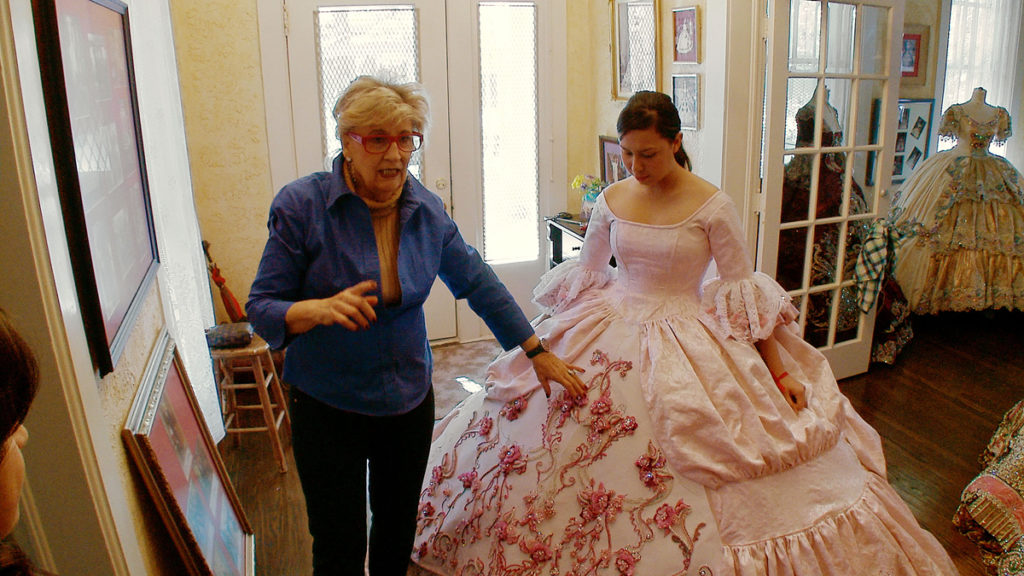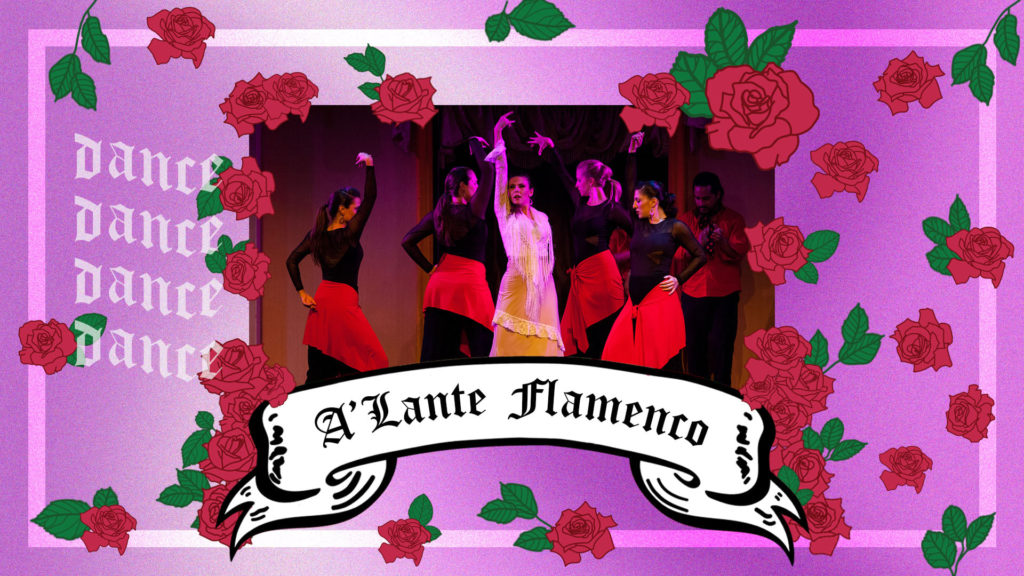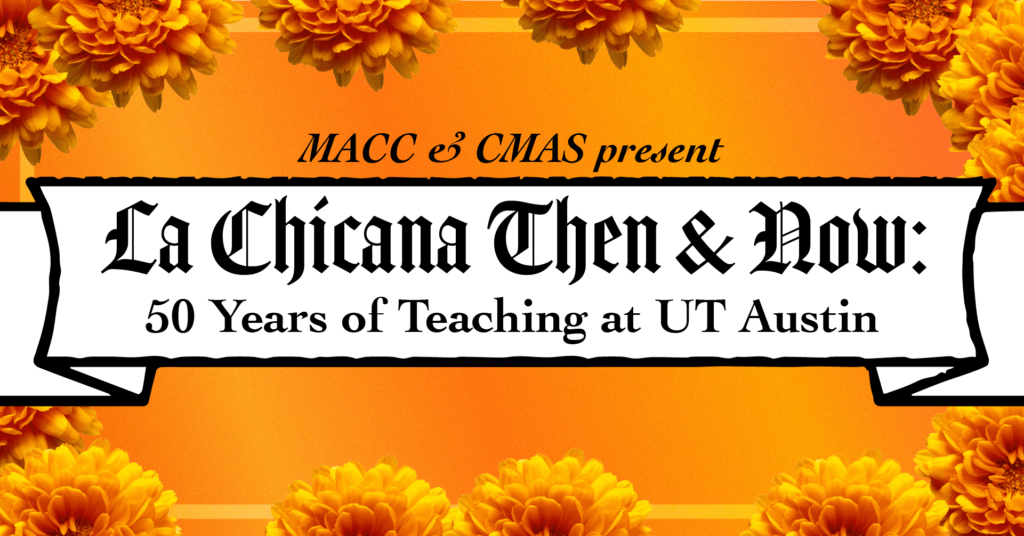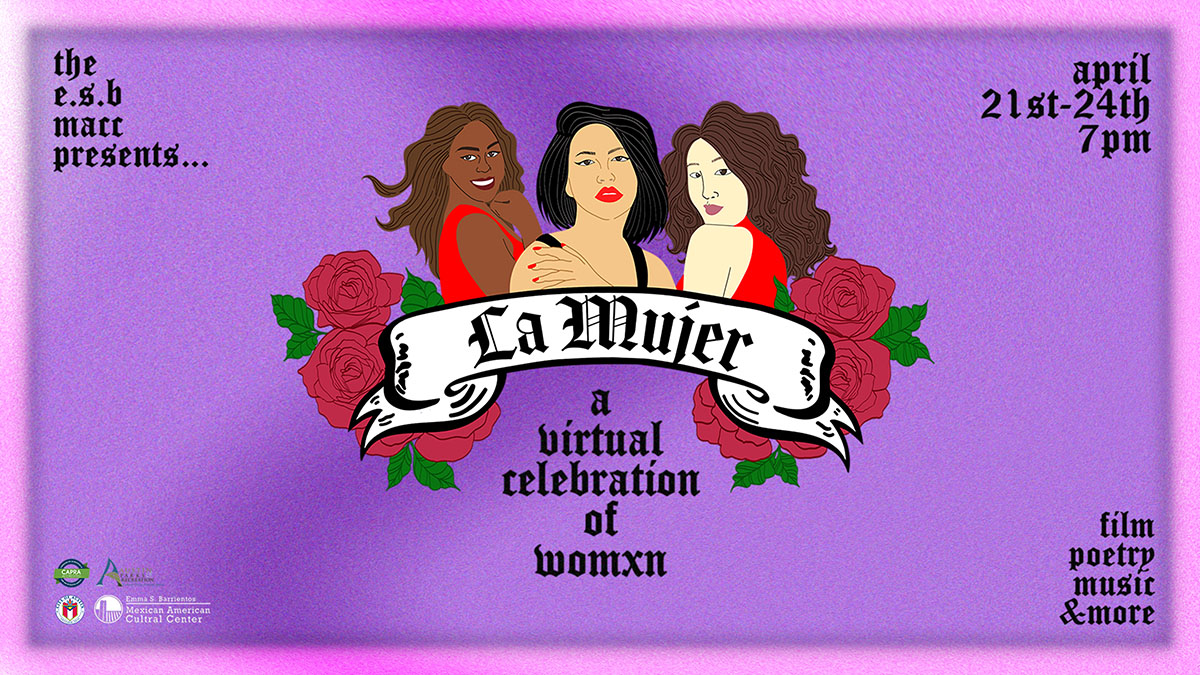With a stellar lineup of poets, musicians, painters, sculptors and visual artists — “La Mujer” celebrated the accomplishments of womxn of the arts for its 10th year virtually.
Presented by the Emma S. Barrientos Mexican American Cultural Center, the festival spanned several days to honor and uplift Latinx womxn through multiple events including musical performances and film screenings. The festival draws inspiration from the first feminist of the Americas, Sor Juana Ines de la Cruz, a Mexican writer and poet of the Baroque period.
All of the events are free and available to the public at LaMujerATX.net, Facebook, and the Austin Parks & Recreation Youtube channel.
The festival kicked off the first day one with a screening of “Las Marthas.” The 2014 film follows two Mexican American girls on their journey to become 19th-century debutantes for the annual Society of Martha Washington Colonial Pageant and Ball.
Presented in collaboration with Cine Las Americas’ “Hecho en Tejas” series, the screening followed a Q&A session with filmmakers Cristina Ibarra and Erin Ploss-Campoamor.

Throughout the film, I found myself confused but intrigued to see young Mexican American girls learn intense choreography while wearing heavy colonial dresses to celebrate the birthday of an Anglo Colonizer — George Washington. Learning the director Cristina Ibarra had this same question and found these girls dressed as Anglo Colonizers to honor their legacy as colonizers revealed something much deeper.
Although the primary subjects of this film are both Mexican Americans, they are quite different. For Laurita from Laredo, Texas — becoming a debutante is a tradition as the thirteenth woman in her family to debut as one. For Rosario from Nuevo Laredo, however, she became the first in her family to debut as a debutante.
Through performances and interviews, the annual event allows them to explore their identity as Mexican Americans from Laredo in Texas and Mexico respectively. Cristina described the story and film best as a coming-of-age story set in a historical context, as well as an attempt to highlight individuals not often seen in the headlines.

On the second night, the festival showcased a special presentation of “Juana: First (I) Dream” presented by A’lante Flamenco. Through musical arrangements and choreography, the show highlights the life and work of Mexican writer and poet, Sor Juana Inés de la Cruz.
Known as one of Mexico’s premier intellectuals, Juana left her life at the Viceregal court to become a nun at the convent of San Jeronimo in Mexico City. Through her time there, she studied and wrote poetry, plays and letters — gaining a reputation for her outspoken opinions and criticisms of misogyny.
Also known as the first feminist of the Americas, Juana’s legacy celebrates her poetry and resistance against sexism and repression, as well as the right to an education for all women. Though suppressed for speaking out at the time, Juana’s words remain relevant and especially true in today’s political and social movements. For me, it also felt perfect to celebrate a historical, feminist icon through song, dance and poetry; in essence, remembering her work by creating something new yet inspired by Juana.
A’lante Flamenco and “Juana: First (I) Dream” are supported by The National Endowment for the Arts, The Texas Commission on the Arts and The Austin Creative Alliance.

Latino Studies at UT Austin also celebrated 50 years of learning through two panels both moderated by associate professor Maria Cotera. The panels were presented by Mexican American Cultural Center’s La Mujer Festival and the Center for Mexican American Studies.
In the first panel, La Mujer: “La Chicana Then & Now: 50 Years of Teaching,” featured panelists Olivia “Evey” Chapa, Patricia Garcia, and Lilia Rosa discuss the course MAS 311 Ethnicity and Gender: La Chicana. The panelists, who have all taught this course at UT, talk about the course’s history and evolution throughout the years.
The second panel, Democratizing the Archive!, featured longtime Chicana activist Martha Cotera and Alan Garcia from @ATX_Barrio_Archive. While considering the history of the Latinx community and the future generations, the panelists discuss the importance of documenting and archiving this community within Austin and beyond.
Featured Image Courtesy of “La Mujer”
